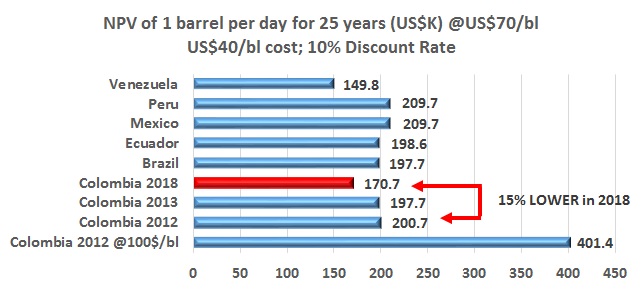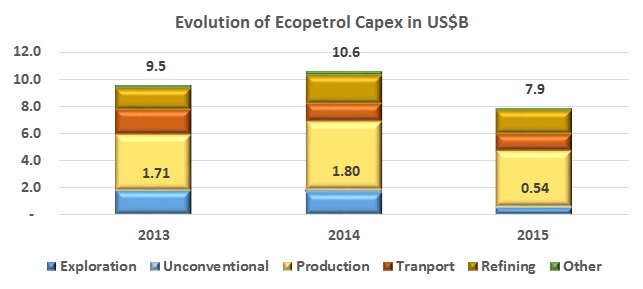
The overall count increased to 24 this week, below recent and long-term averages but non-Armed Forces reported incidents declined. This means the increase was due to Army-related activity.

The overall count decreased again to 18 this week, below recent and long-term averages. This week both Armed Forces and non-Armed Forces reported incidents declined.

The overall count decreased again to 23 this week, below recent and long-term averages. But as the graph shows, this was because of a decline in Armed Forces-reported activities. Our proxy for guerrilla-initiated incidents remained the same.
We are in end-of-year vacations and, if only for a brief period, we will spend more time thinking about family (hopefully) than work.
The Farc have grabbed headlines this week after unilaterally declaring a bilateral, indefinite cease fire. That is, the guerrilla says that as long as it is not attacked by government troops, it will not attack either. But that starts on December 20th and, in the meantime, they blew up the Transandino pipeline.
Ecopetrol (NYSE:EC) says that the company is still weighing its options regarding unonventional production in the Middle Magdalena Valley, and that it has yet to present a request for the environmental license to proceed with E&P projects.
Gran Tierra Energy (TSX:GTE) has announced a US$310M Capex program for 2015, with a US$156M spending program for Colombia, as the company says it remains flexible to an uncertain price scenario.

This week Colombia’s Congress passed the government’s tax reform measure and it would take a miracle to prevent President Juan Manuel Santos from signing it.

Ecopetrol says its board of directors has approved a US$7.86B Capex plan for 2015. The investment looks to keep production up while focusing on cutting costs, and is a 26% drop in spending compared to 2014. Exploration and unconventional activities took the biggest hit.
The Meta department is home to the lion’s share of oil production in Colombia, which local leaders say make it dependent on the industry and vulnerable to drops in the final price of a barrel. Some are calling for the government to contribute more to agricultural industries to compensate.